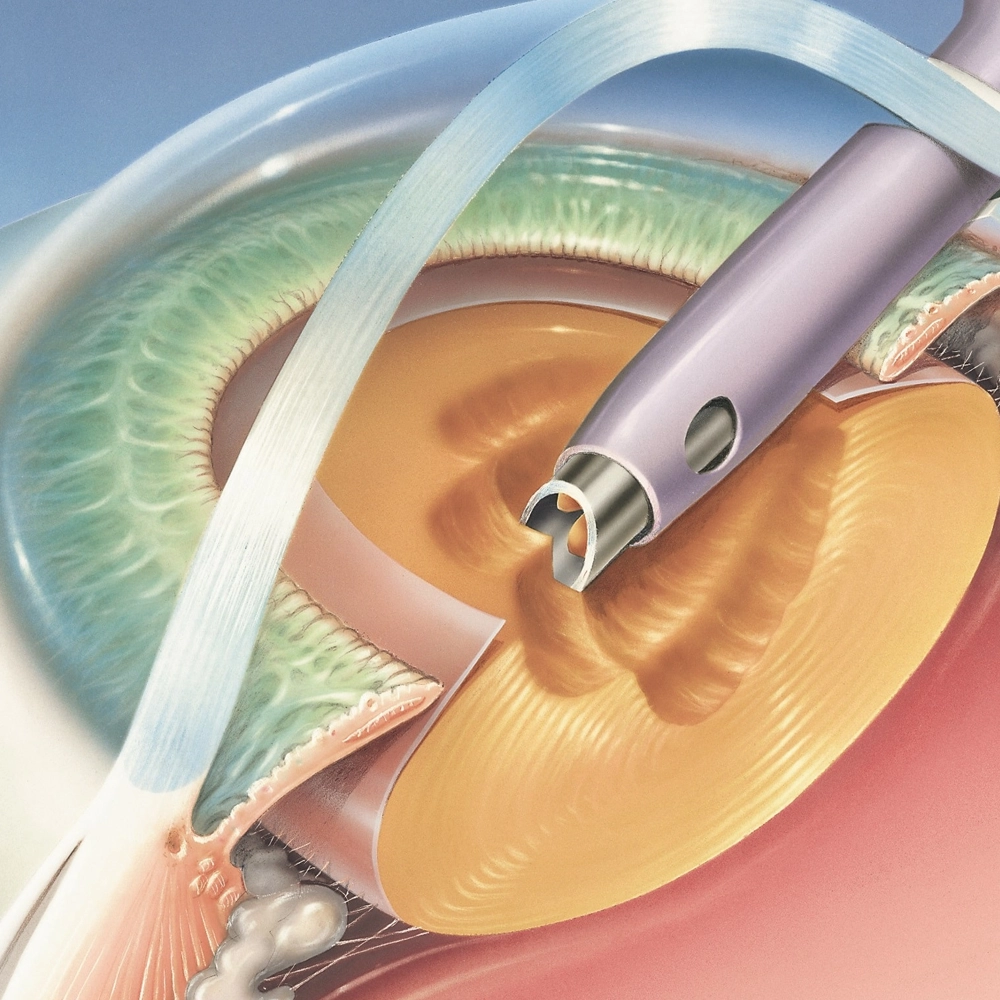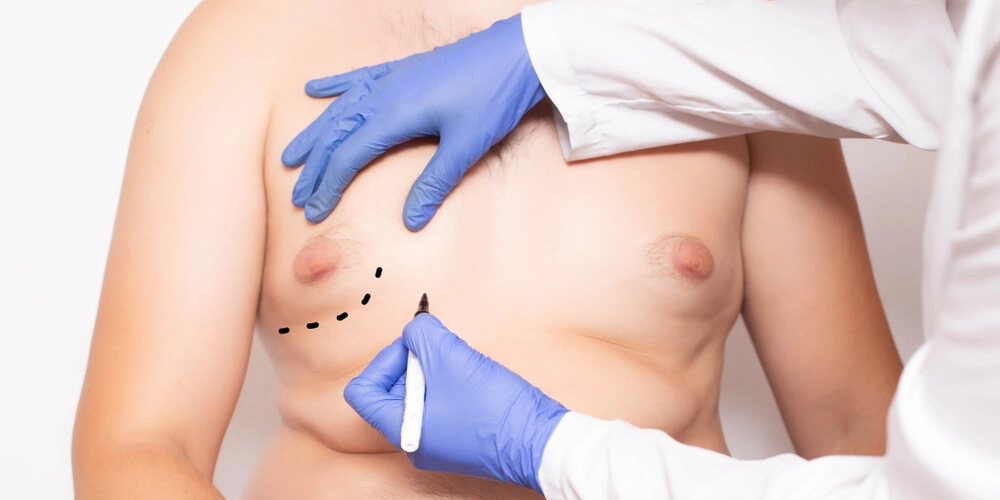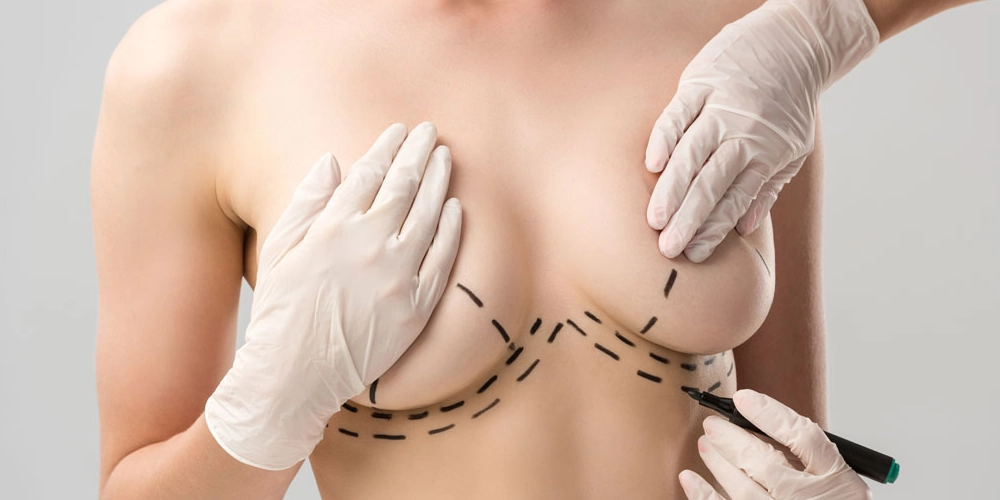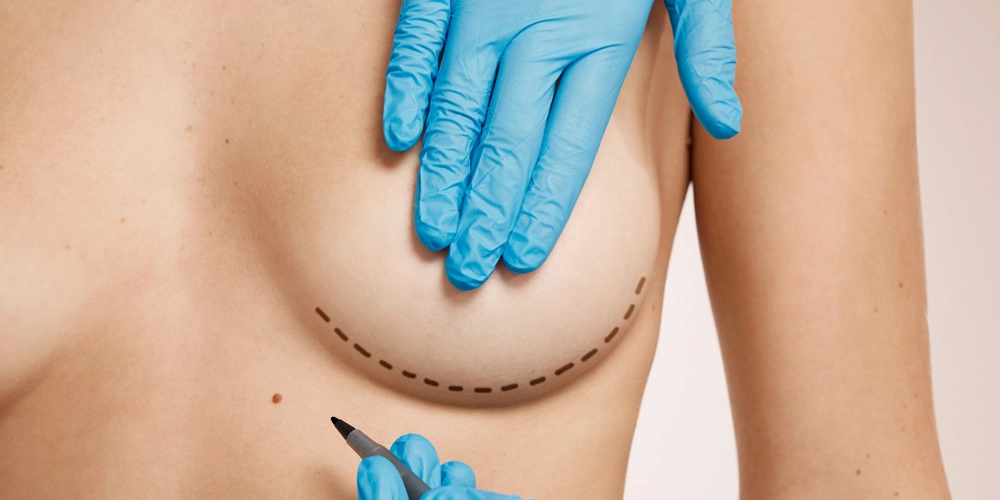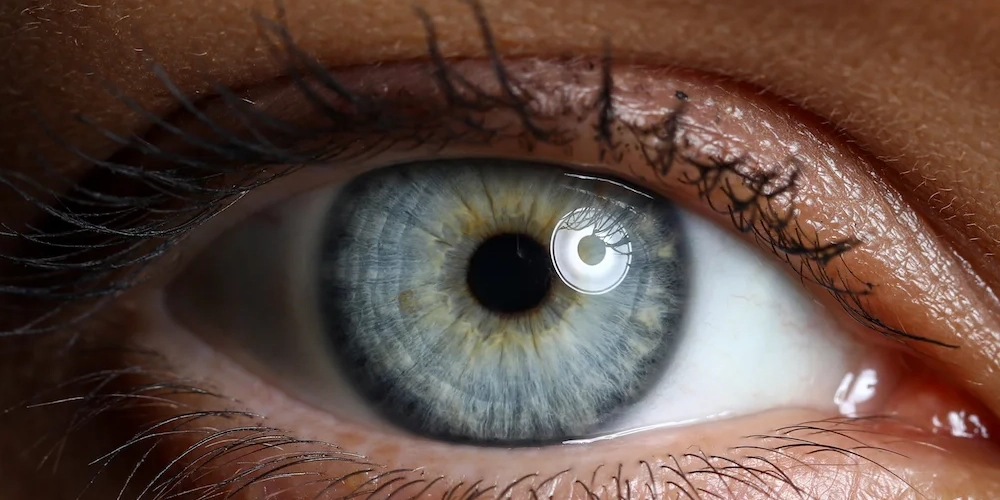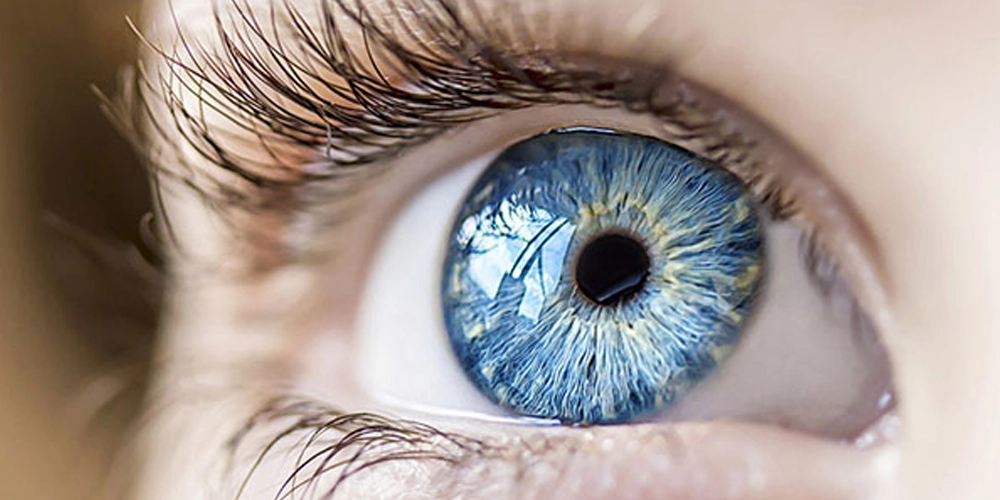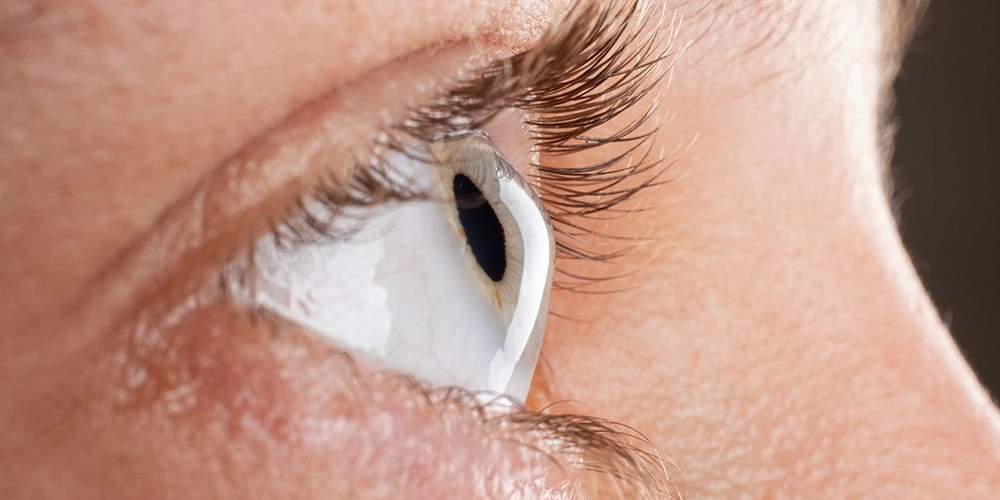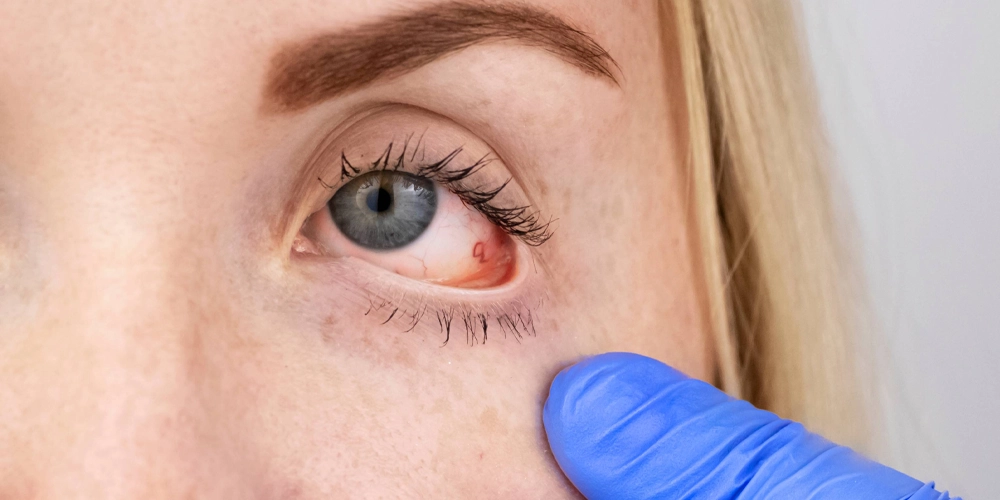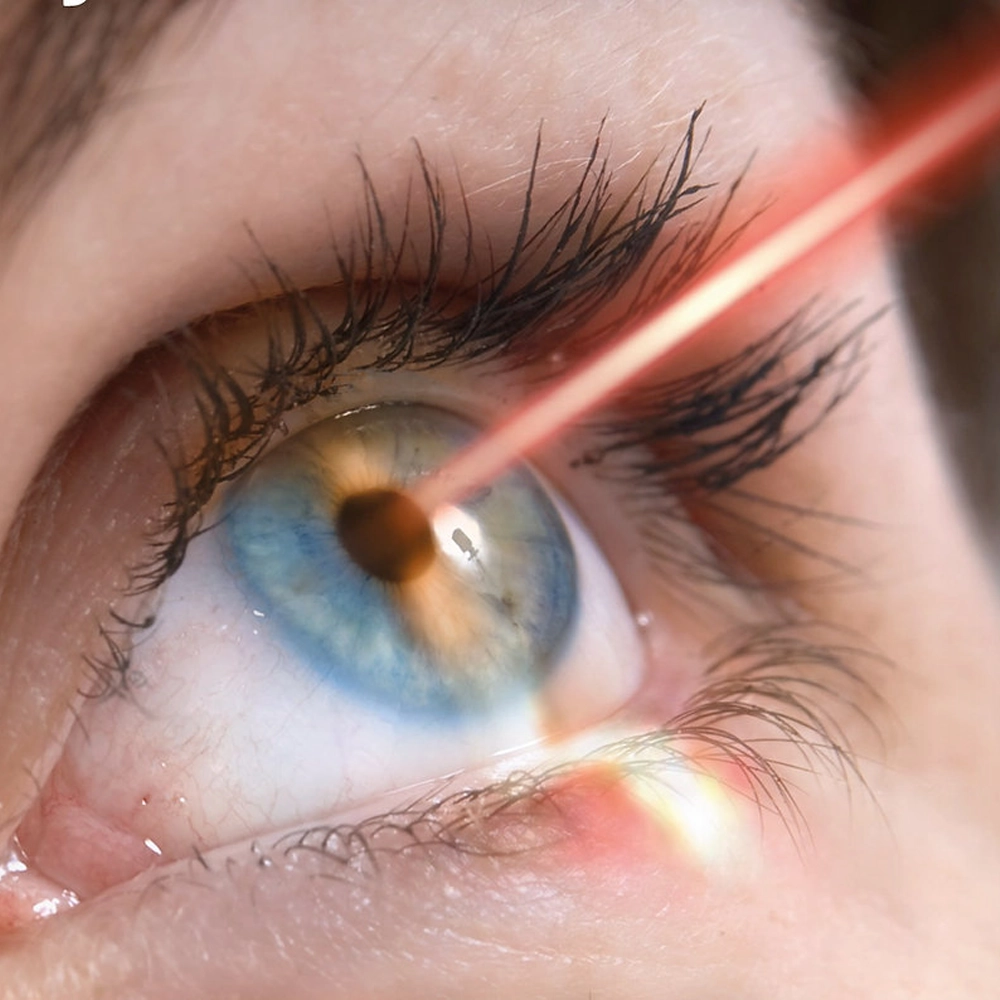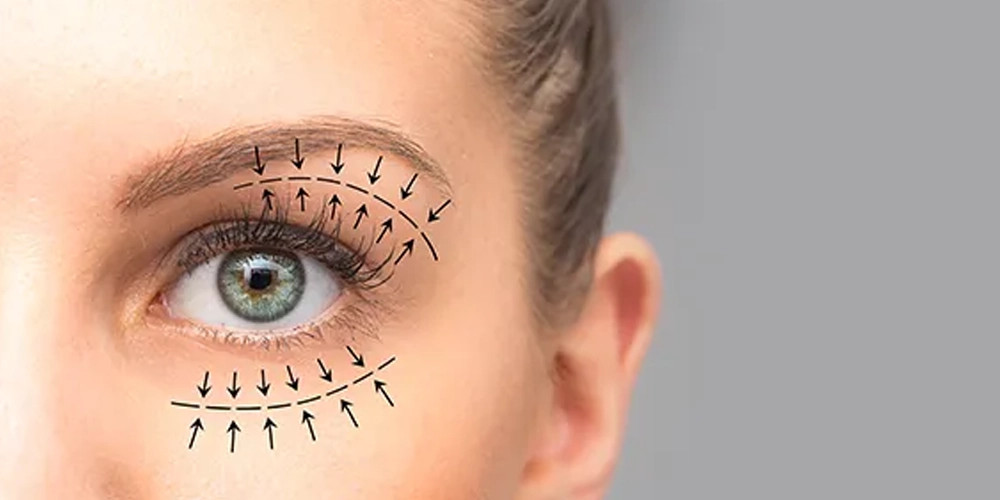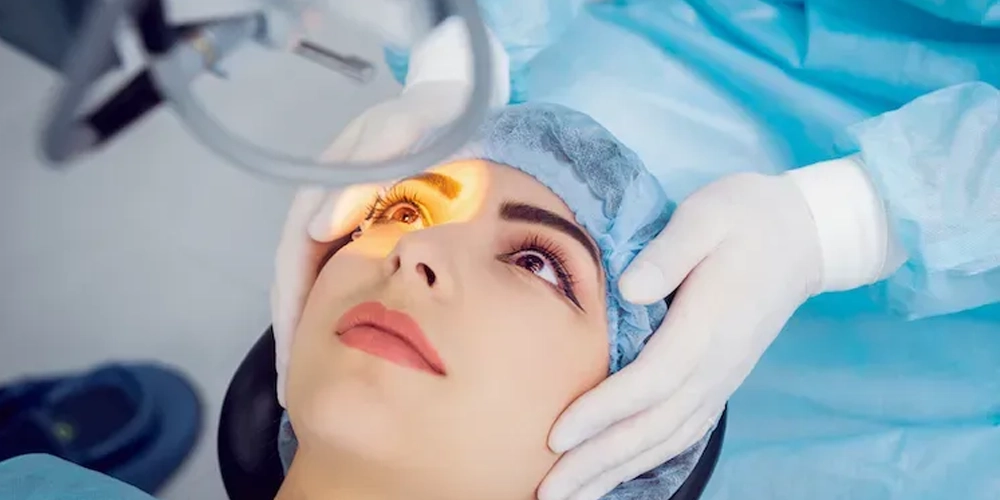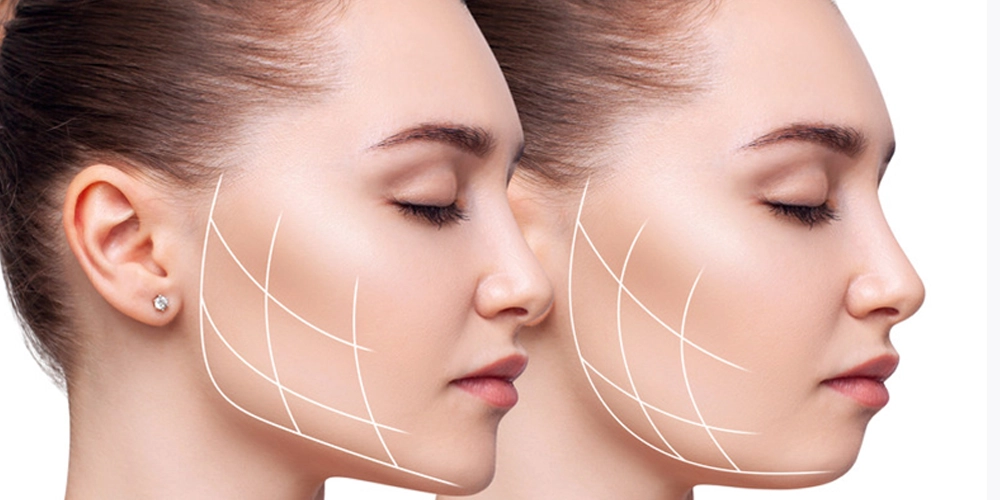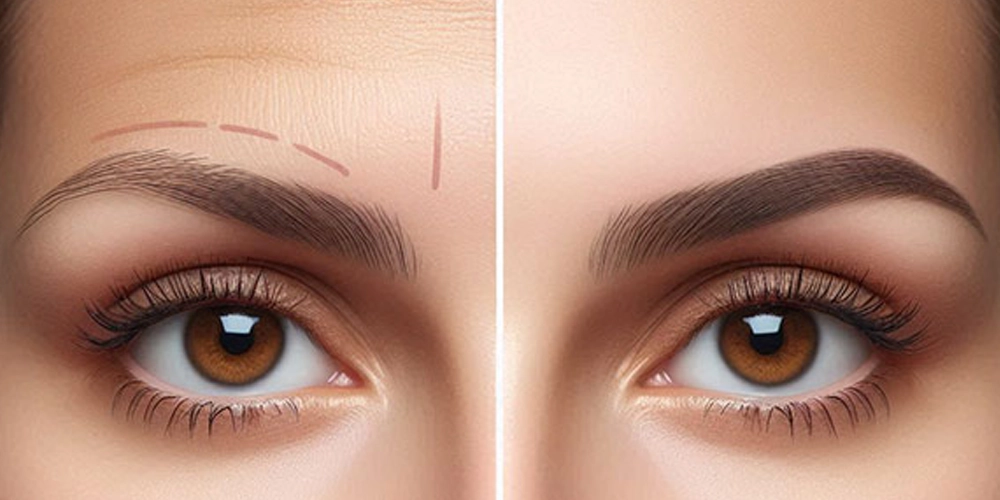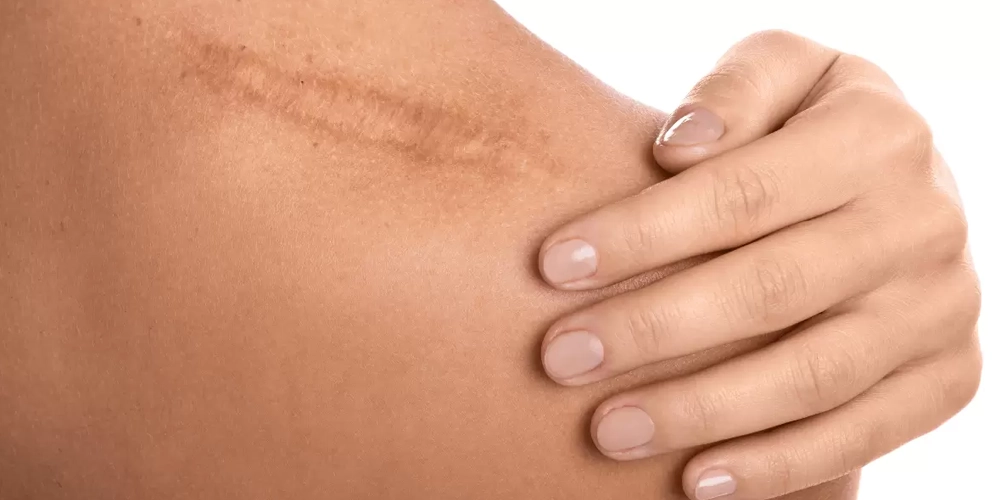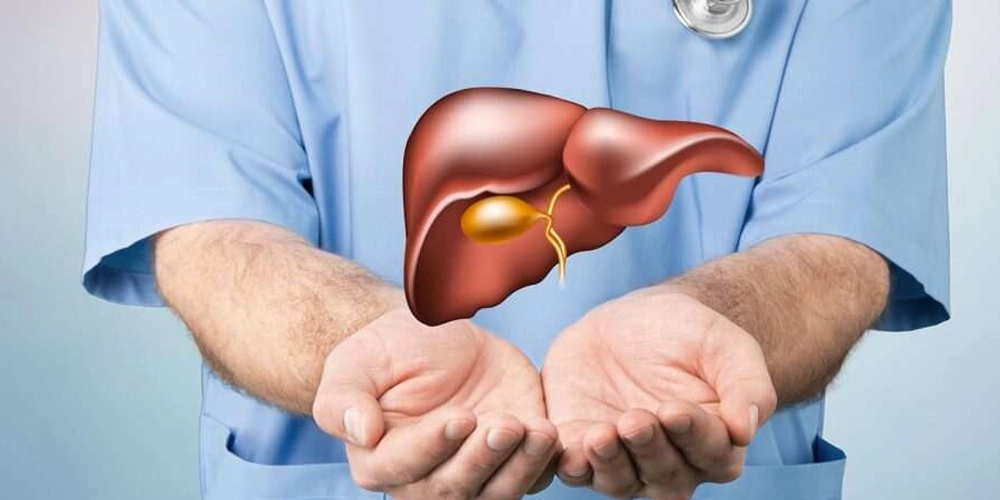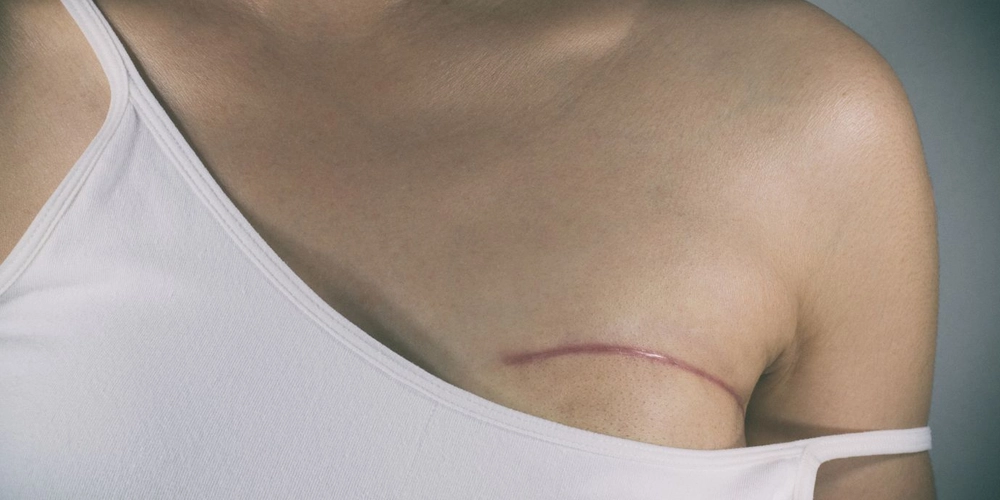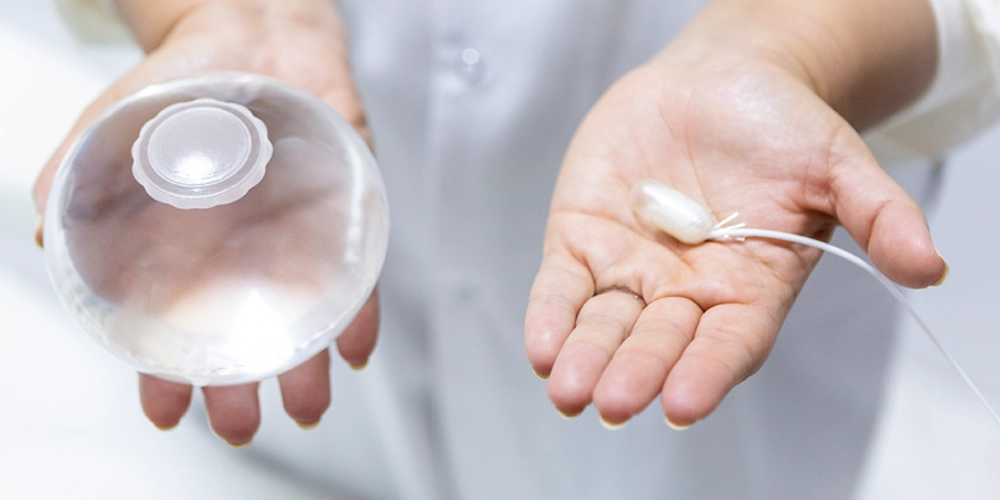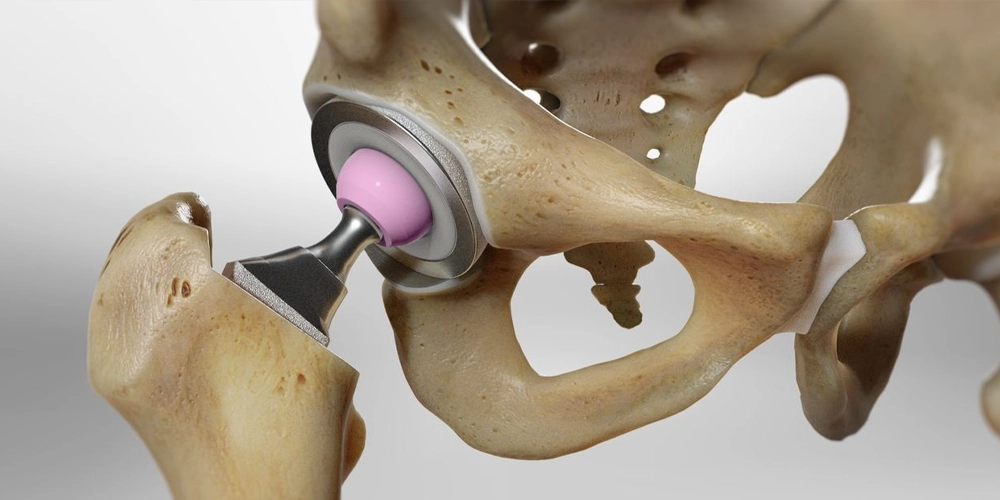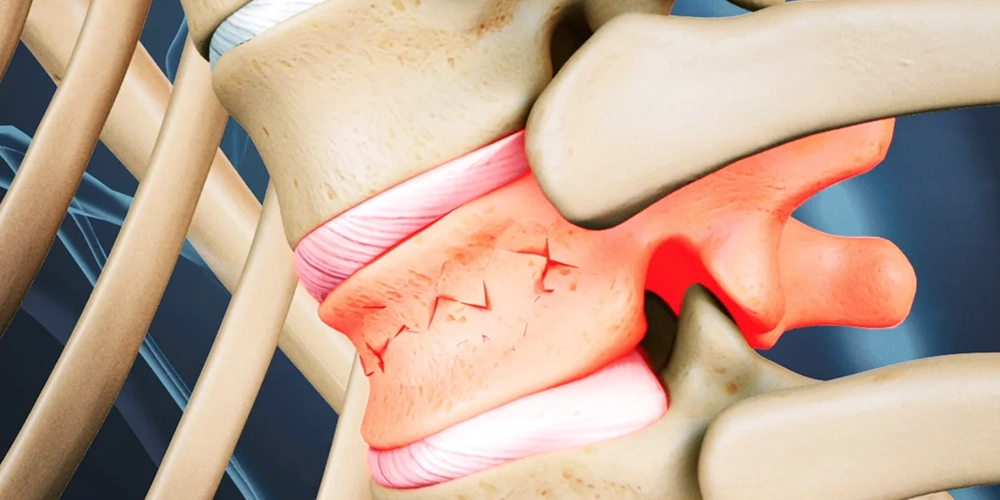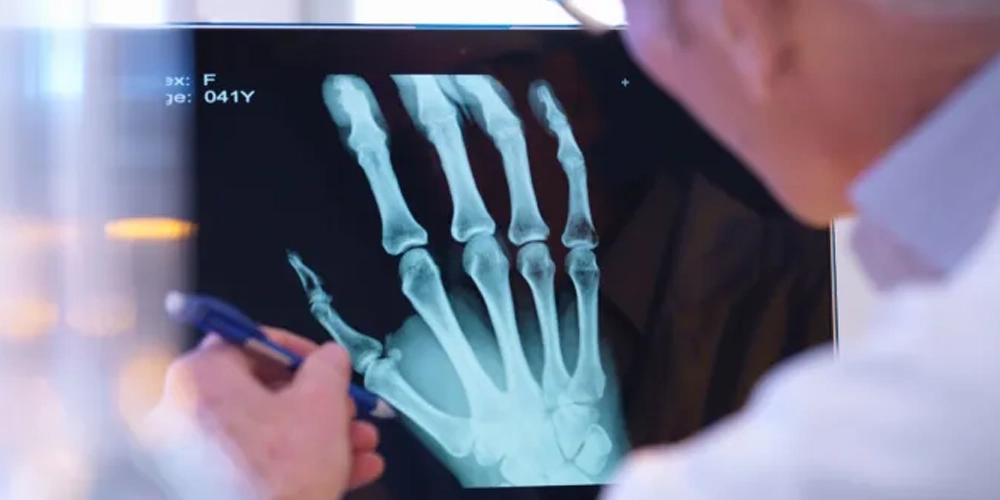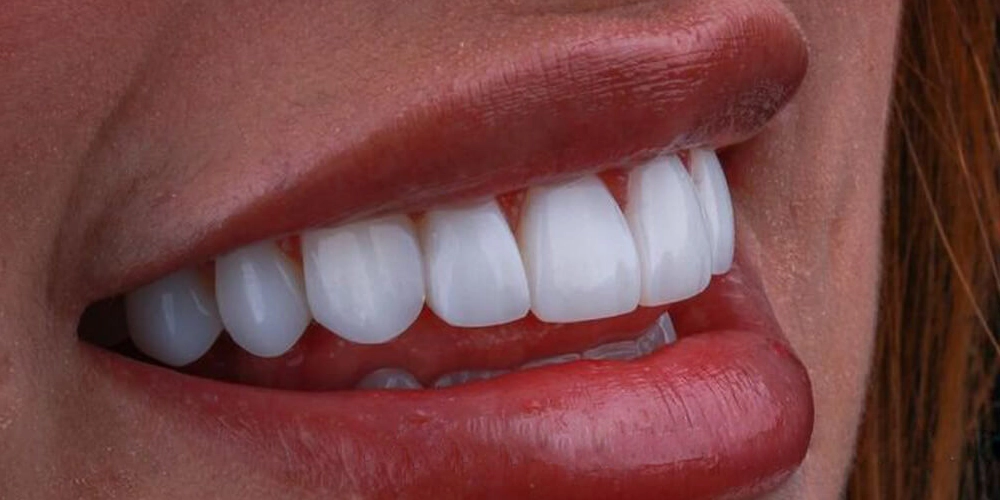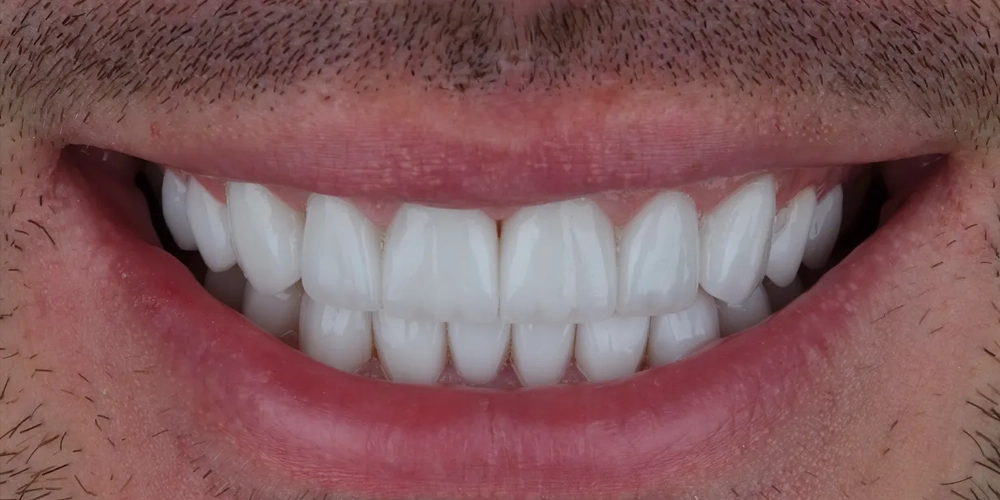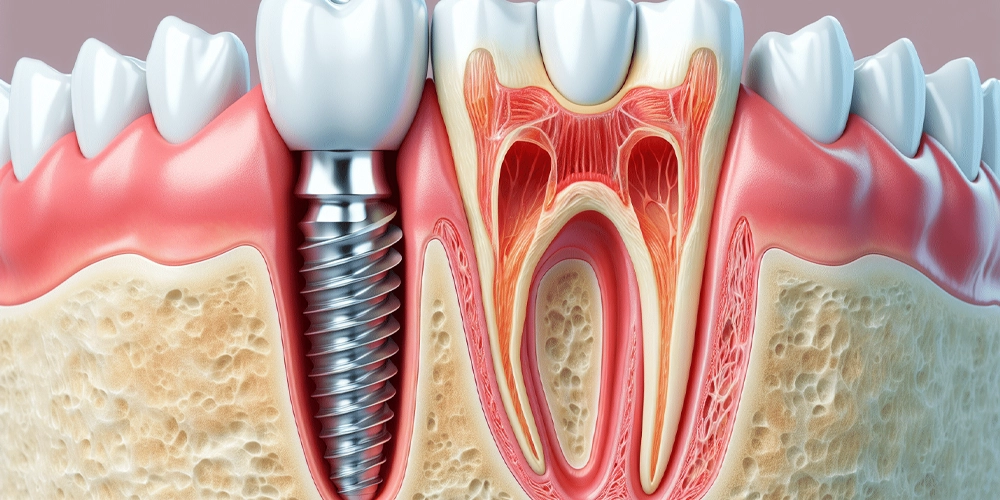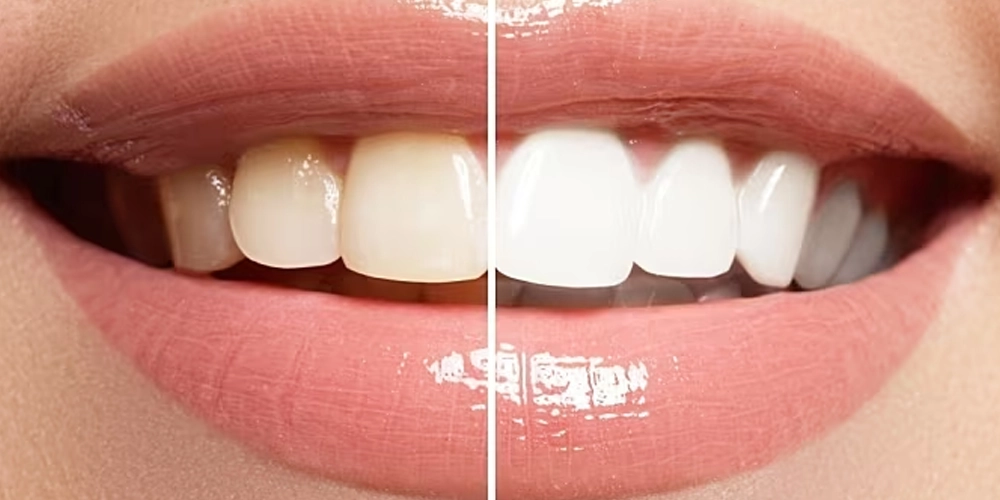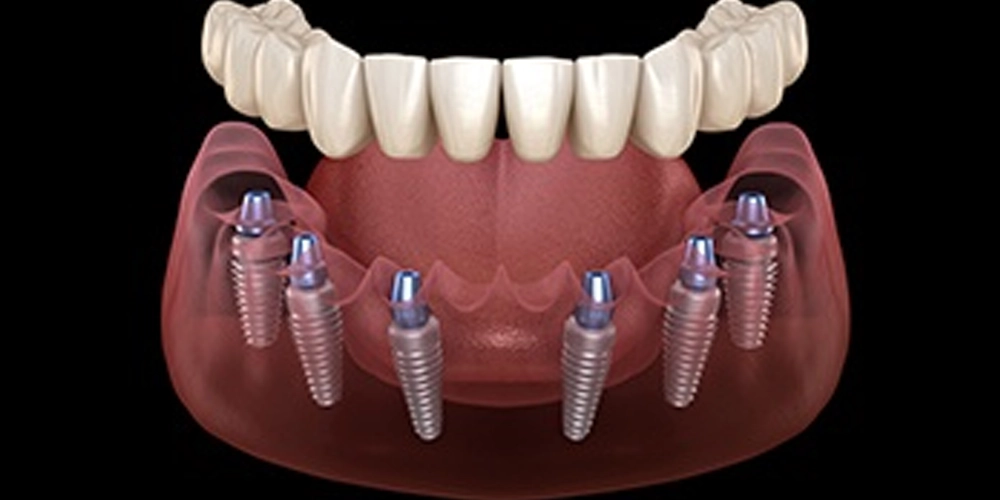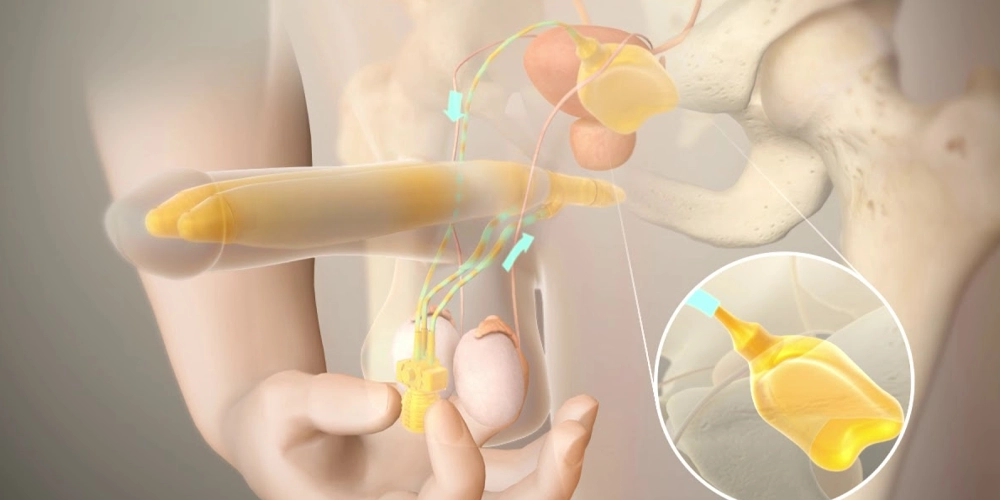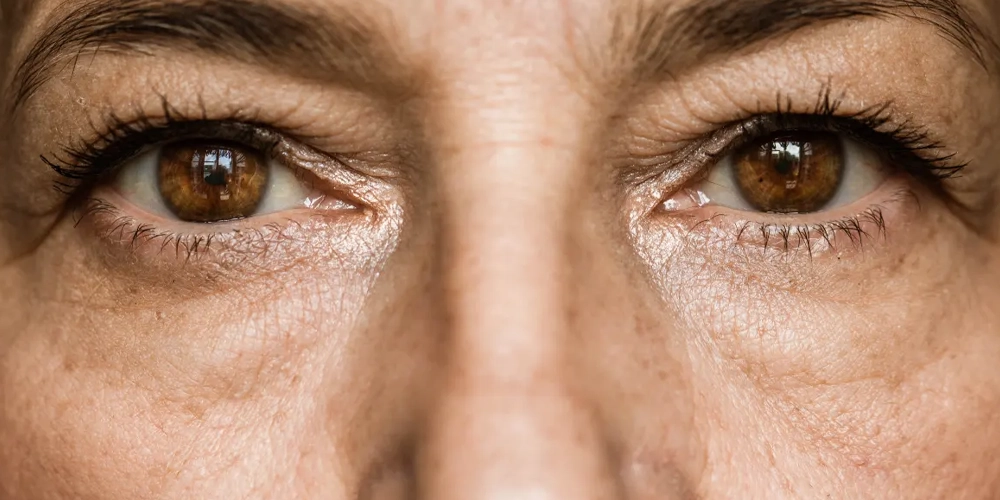

Cataract Surgery
15-20 Min
Usually topical anesthesia (eye drops)
Vision begins to improve within a few days, full recovery may take several weeks.
GET OFFER
Overview
Cataract surgery is a common and highly effective eye operation that corrects the blurry vision caused by a cloudy lens. As we age, proteins in the eye’s natural lens can clump together, forming a cataract that makes it increasingly difficult to see. During the surgery, this clouded lens is removed and replaced with a clear, artificial lens (intraocular lens), restoring your vision.
Cataract Surgery at Atlas University Hospital: Restoring Clear Vision
At Atlas University Hospital, we specialize in cataract surgery, a quick and life-changing procedure to give you back your clear vision. Our expert ophthalmologists perform this surgery to remove your clouded lens and replace it with a high-quality intraocular lens. By choosing cataract surgery at Atlas University Hospital, you’re taking a crucial step toward seeing the world more clearly, reducing your dependency on glasses, and enjoying a better quality of life.
Why Choose Atlas University Hospital for Cataract Surgery?
Choosing Atlas University Hospital for your cataract surgery means you’ll receive specialized and compassionate care. Our patients trust us for our:
- Surgical Expertise: Our ophthalmologists are highly skilled in the latest surgical techniques for safe and effective cataract removal.
- Efficient Procedure: The surgery is typically completed in just 15-20 minutes per eye.
- Rapid Recovery: Many patients experience improved vision within a few days and are discharged on the same day as the procedure.
- Advanced Technology: We use state-of-the-art equipment to ensure a precise and successful outcome.
The Cataract Surgery Procedure at Atlas University Hospital
The cataract surgery procedure at Atlas University Hospital is a carefully planned and executed operation.
- Procedure: Cataract Surgery
- Duration: Approximately 15-20 minutes.
- Anesthesia: Topical eye drops are used for a pain-free experience.
- Location: All procedures are performed in the specialized surgical departments of Atlas University Hospital in Istanbul.
- Recovery: Vision begins to improve within a few days, with full recovery taking several weeks.
Your Cataract Surgery Journey: The Daily Plan at Atlas University Hospital
We provide a clear, day-by-day plan for your cataract surgery journey at Atlas University Hospital to ensure a supportive and structured experience.
- Day 1: Arrive in Istanbul and transfer to the hospital. You will have a pre-operative consultation and a detailed eye examination. Your surgeon will help you select the best intraocular lens for your needs.
- Day 2: Your cataract surgery is performed. A protective eye patch is applied, and you will rest and use eye drops. Most patients are discharged the same day to their hotel.
- Day 3: You’ll have a post-operative check-up with your ophthalmologist. The eye patch will be removed, and your vision will be checked. You will continue using eye drops.
- Day 4: You can return to your home country.
Post-Operative Care from Atlas University Hospital
Following your post-operative instructions from Atlas University Hospital is vital for a smooth and successful recovery after your cataract surgery.
- Eye Drops: Use your prescribed eye drops regularly and as directed to prevent infection and aid healing.
- Care: Avoid rubbing or scratching your eyes.
- Activity: Avoid heavy lifting and strenuous activities for the recommended period.
- Follow-up: Schedule a follow-up appointment with a local ophthalmologist in your home country to monitor your progress.
Frequently Asked Questions about Cataract Surgery
Q: Is cataract surgery painful? A: The surgery itself is not painful due to the anesthesia. You may experience some mild discomfort or a scratchy sensation afterward, which can be easily managed with eye drops.
Q: Will I need to wear glasses after surgery? A: This depends on the type of intraocular lens you and your doctor choose. Some lenses can correct your vision so you no longer need glasses for most activities, while others may still require you to use reading glasses.
Q: What are the risks of cataract surgery? A: While generally a very safe procedure, there are risks such as infection, bleeding, and, in rare cases, retinal detachment. Your doctor will explain all potential risks in detail during your consultation.
Q: Who is a suitable candidate for cataract surgery? A: Anyone whose vision is impaired by a cataract to the point that it affects their daily life is a suitable candidate. Your ophthalmologist will perform a thorough eye exam to determine if surgery is the right choice for you.

